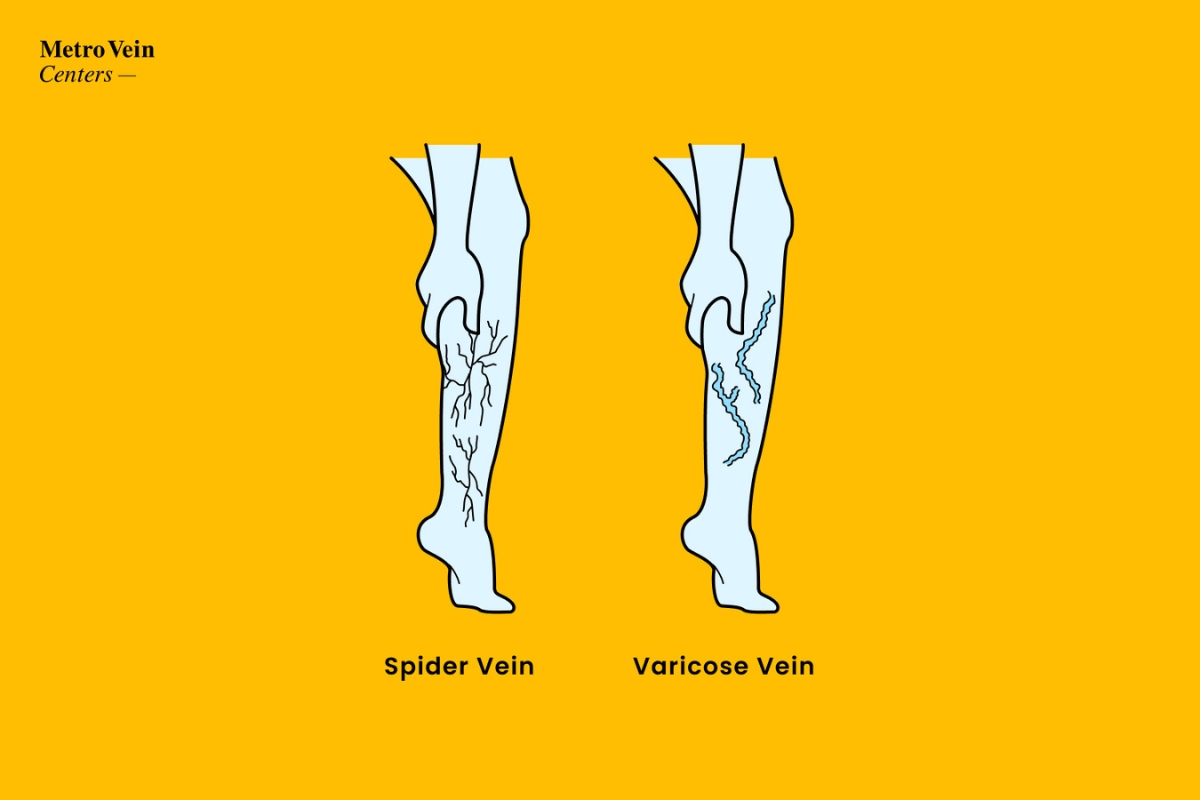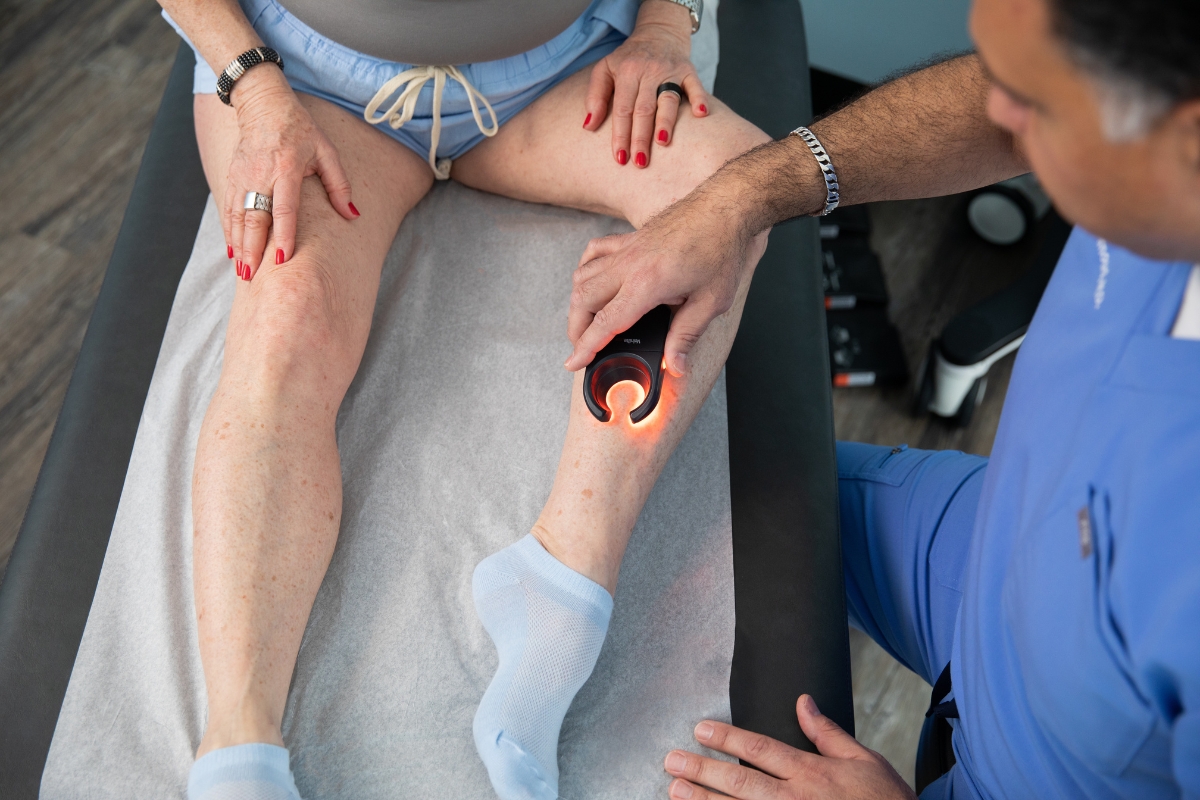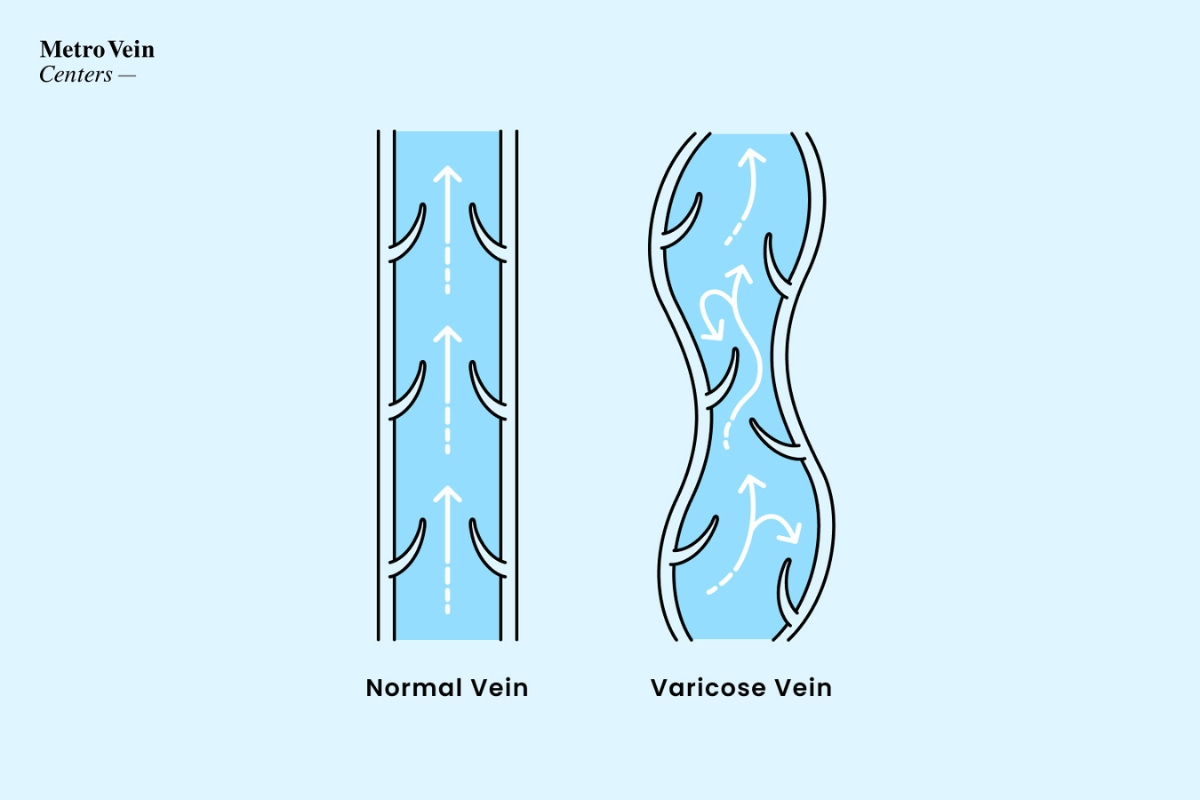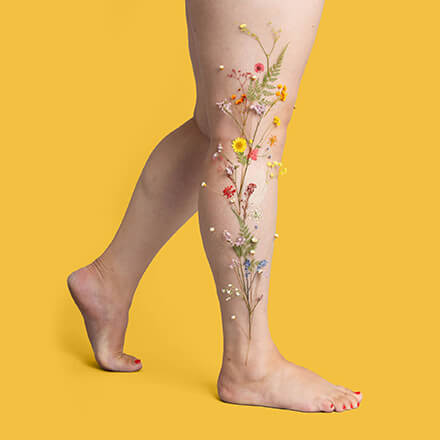It’s no secret that food impacts our body, lifestyle, and overall health. So of course food affects the circulation in our veins, too! Although no home remedy can reverse varicose veins once they appear, and no salad can treat chronic venous insufficiency as effectively as a board-certified vein doctor, good nutrition can lower our likelihood of developing vein disease.

Diversify Your Diet
Many factors can affect the health and state of our veins. Genetics, age, lifestyle choices, and activity level all play key roles toward keeping your body in good condition. There’s no substitute for vein treatment if you’re already experiencing symptoms of vein disease, but with the right diet and exercise, serious health issues and complications may be prevented.

Vein disease is an incredibly common health concern affecting as many as one in three men and one in two women over the age of 60. Poor circulation, among other risk factors, can cause veins in one’s lower limbs to bulge, twist, and become noticeably visible, which can affect mobility, self-esteem, and increase the risk of developing blood clots and DVTs. Treatment with a board-certified vein doctor should be supported by sensible precautions and ongoing self-care.
Fad diets and food trends come and go, but one thing remains: We are what we eat. Let’s discuss some specific foods that help reduce inflammation and kick-start circulation!

Bring on the Antioxidants
Antioxidants are true super-nutrients with a bounty of benefits. Increasing your intake of antioxidants can delay or prevent certain types of cell damage and protect cells from harmful free radicals (unstable molecules that can harm your cells on a microscopic level). Antioxidants include vitamins E and C and carotenoids, like beta-carotene, lycopene, lutein and zeaxanthin, and are found both naturally occurring in fruits and vegetables as well as additives or supplements. Look for carrots, tomatoes, leafy greens (like kale, spinach and lettuce), broccoli, peas and egg yolks to get your fix.
On the sweeter side, dark berries are another great source of antioxidants. Some of our favorites include blueberries, blackberries, strawberries, goji berries and raspberries. And because berries are also packed with fiber, you can reduce your body’s overall inflammation—important for varicose vein treatment—while reducing risk for heart attack and heart disease. A glass of red wine once or twice a week is a luxurious way to sneak a few more antioxidants into your diet. Drink responsibly, of course, with the safety of your cells in mind.

Getting to the Root
Root vegetables are also known to have healing properties and reduce inflammation. Beetroot and ginger are easily accessible in a variety of forms, from pickles to teas, making it simple to add them to any diet.
Beets make excellent salad toppers. Adventurous types can try the earthy flavor of beet juice, alone or added to smoothies for a vibrant kick of flavor and bright pink color. Beets contain tons of nitrates which can help improve blood flow and circulation—a huge win for patients with varicose veins. Beets are also known to lower blood pressure. If there was a superhero among our recommendations, beetroot takes the cake*.
*cake, devastatingly, has no known health benefits
A problem many varicose vein patients experience is trouble dissolving fibrin, a fibrous protein involved in the clotting of blood, which can result in blocked blood vessels. Ginger can support this in digestion, thereby improving circulation. A staple in Eastern medicine for centuries, ginger can be drunk as tea (fresh sliced, as crystals, or dried in tea bags), used as a seasoning (powdered or ground from the root) or eaten raw and pickled (commonly presented with sushi). Ginger can add complexity and warmth to dishes with lemon. Ginger is versatile and easy to add to your routine: Pop a tea bag in a travel mug of hot water and reap its benefits on the go!

Legumes and Your Legs
Fiber will always be your friend when it comes to making health-conscious decisions. Not only does fiber help you feel satisfied at mealtimes, fiber also helps maintain healthy bowel function, which keeps things moving (literally!) throughout the body. This helps support and preserve vein health by reducing stress on veins and arteries caused by carrying excessive weight, and by easing evacuation to avoid bathroom strain that puts pressure on lower limbs and can lead to the development of varicose veins.
Legumes are varied, delicious, and absolutely packed with fiber and plant-based protein. We can’t get enough of chickpeas (garbanzo beans), kidney beans, peanuts, peas, lentils, limas, and so many more! Whether dried or canned, these staples are shelf-stable, long-lasting, and easy to store in your pantry year-round. They also freeze beautifully. Create dips and spreads, add them to salads, or use as side dishes or proteins as part of hearty, filling meals in every season.

When Should I Consider Medical Vein Treatment?
We know that preventative maintenance, such as leading a healthy lifestyle and eating well, can only do so much when pitted against genetic predispositions, unexpected incidents, and normal life events. Consuming a diverse diet, full of healthy options, can certainly help reduce or avoid age-related medical issues. Making sure you touch on the food groups that benefit your specific health concerns can keep your body working like a well-oiled machine. However, there are certain aspects of our health that are far more difficult to control than our diet: Chronic venous insufficiency can be caused by pregnancy, diabetic illness, a family history of vein disease, and job-related physical strain (such as sitting or standing for extended periods).
Do dietary choices make a difference? Of course! Eating healthy options and understanding their health benefits is important. However, prevention can only do so much against common health issues such as vein disease.

If you notice symptoms of vein disease—such as a visible and twisted varicose veins, pain when standing, restless legs, or an unexplained itching or burning sensation of unknown origins—the answer can’t be found in any grocery aisle. Beets, kale, and berries may help keep symptoms at bay, but the progressive nature of vein disease requires the attention of board-certified vein specialists—the sooner, the better.
Vein disease is highly treatable and covered by most insurance providers. We accept over 200 insurance plans, more than any other family of vein clinics, to ensure our patients are covered when seeking relief. With convenient locations across New York, New Jersey, Michigan, Connecticut, Texas, and our passionate team of vein specialists, treatment is only a consultation away.

Our unique approach includes a variety of minimally invasive, FDA-approved vein treatments that require minimal to no downtime. Our team will walk with you through every step of the vein treatment process. If your varicose veins are becoming uncomfortable and limiting your quality of life, affecting your sleep, or hurting your confidence, consult with an expert to ensure you receive timely, proper treatment. Visit a Metro Vein Centers vein clinic location near you. Schedule your free vein evaluation today! We’re here to help.

Trusted insight from the nationally accredited, board-certified vein doctors at Metro Vein Centers.





